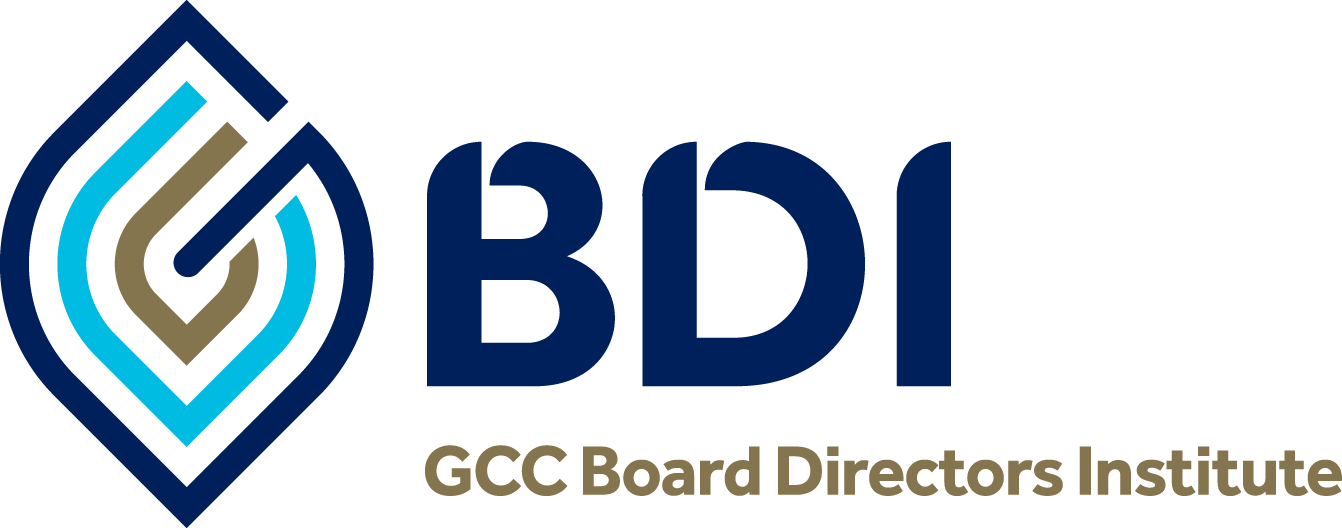Interview with Dr. Viktoria Beromelidze
1. Tell us about your career journey and how you came to serve on a board.
My career and extensive education have taken me from frontier markets like Georgia to global financial hubs such as New York and London. These experiences have shaped me into a senior capital markets banker covering corporations and sovereign institutions across Europe, the Middle East, and Africa. In addition, over the past decade I have gained additional specialised expertise focusing on the GCC markets and China, allowing me to provide strategic insights to clients navigating global capital markets and recent global power and economic shifts. My knowledge of funding structures, geopolitical risks, and emerging industries has made me a trusted advisor in managing risks and driving growth.
Recognizing this expertise, one of my clients invited me to join the board of their newly established asset management firm, leveraging my global experience to support strategic development and capital markets growth in the frontier economy.
2. What are you most proud of and why?
I am fortunate to have worked with clients across the Middle East, Asia, Europe, and Africa, executing deals and sourcing funding in diverse capital markets while developing a deep understanding of various risk events—including geopolitical shifts, credit fluctuations, corporate developments, and macroeconomic changes. This experience has not only strengthened my global client network but also equipped me with a truly international perspective, which I bring to my clients, board roles, advisory positions, and future career opportunities.
3. What are your professional areas of expertise and what skills do you bring to the boardroom?
As senior capital markets banker, I can help the boardroom to navigate financial challenges, unlock new funding sources, and drive strategic expansion. My professional expertise can bring the diverse skills outlined below, which are very relevant for the growing GCC region and emerging companies:
- Capital Markets & Fundraising: Deep knowledge of financial instruments (bonds and loans, private funding solutions, sustainable finance, M&A funding, and infrastructure investments) to optimize capital structures and enhance access to global funding and investor diversification especially with the focus on Asia and China.
- Risk Management and Corporate Governance: Expertise in credit risk, liquidity management, and geopolitical risk to strengthen financial oversight. In addition, I can bring experience working with regulators, policymakers, auditors and rating agencies, ensuring compliance and transparency.
- Cross-Regional Insights: Understanding of global debt markets, different investor pools, and regulatory environments can help to ensure competitive positioning. For the Middle East-Specific Expertise, my familiarity with the regional economic and financial infrastructure, economic diversification initiatives as well as key companies and state players driving the regional growth and investments are relevant.
4. What are the benefits that diversity can bring to the boardroom, including women on boards?
A diverse board brings individuals with different backgrounds, experiences, and perspectives, leading to more well-rounded discussions and creative problem-solving. It encourages healthy debate, fostering innovation and adaptability, which is critical in the current business environment that is full of changes and rapid macro or geopolitical events. In addition, women’s leadership inspires and motivates employees, especially women in the workforce, leading to higher engagement and better talent retention.
5. What is your advice for women who are aspiring to leadership and board positions?
Queen Rania of Jordan said, “The greatest support that a woman can get is from another successful woman who lifts her up and tells her, you can dream, you can succeed.” I relate to this advice and strongly believe women on boards and senior positions have a unique opportunity to influence, inspire, and drive change. We need to champion others and advocate for and mentor rising women leaders. While women aspiring for leadership should use their voice – speak up, challenge assumptions, and shape key decisions. We need not only be part of the change but drive this change.
